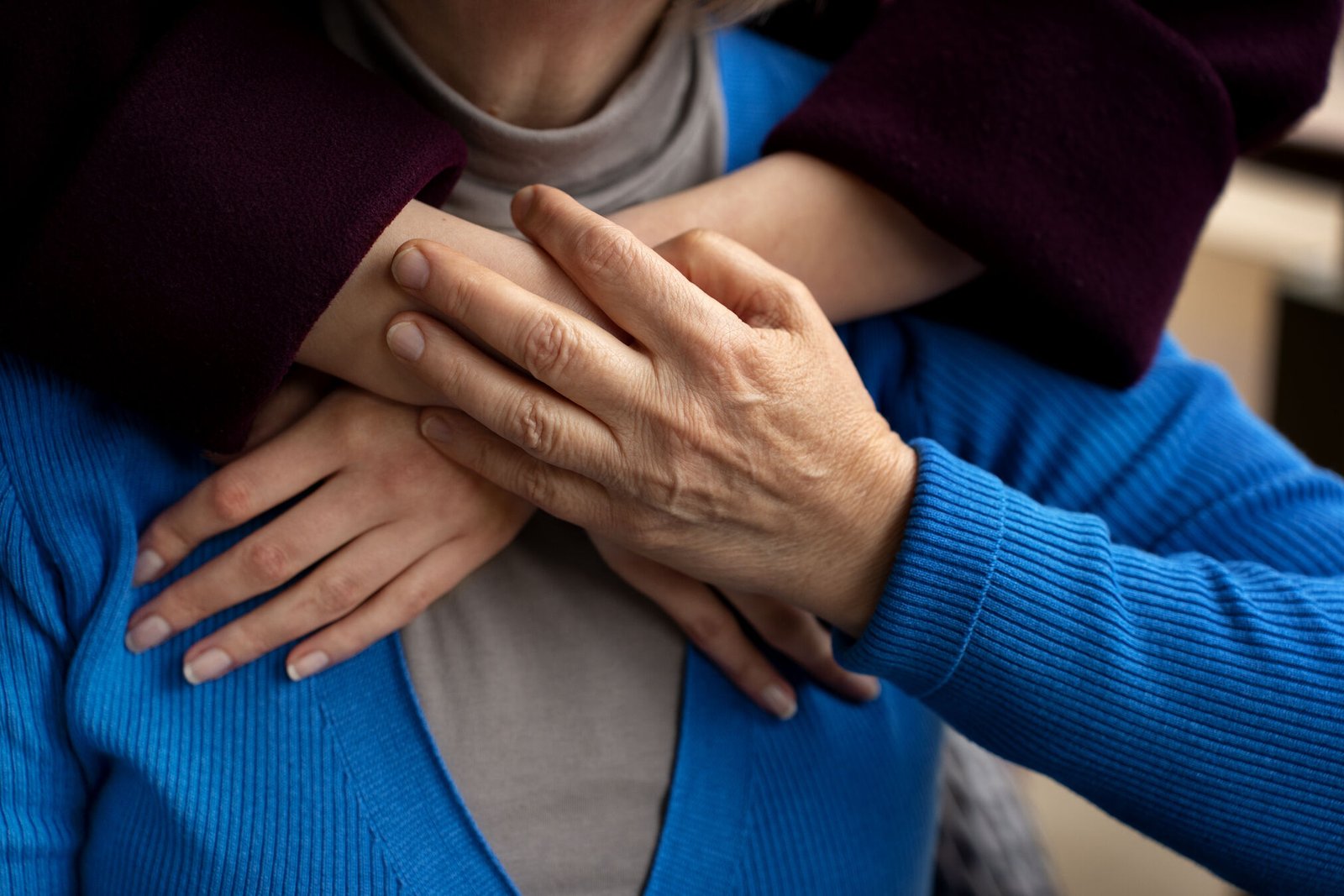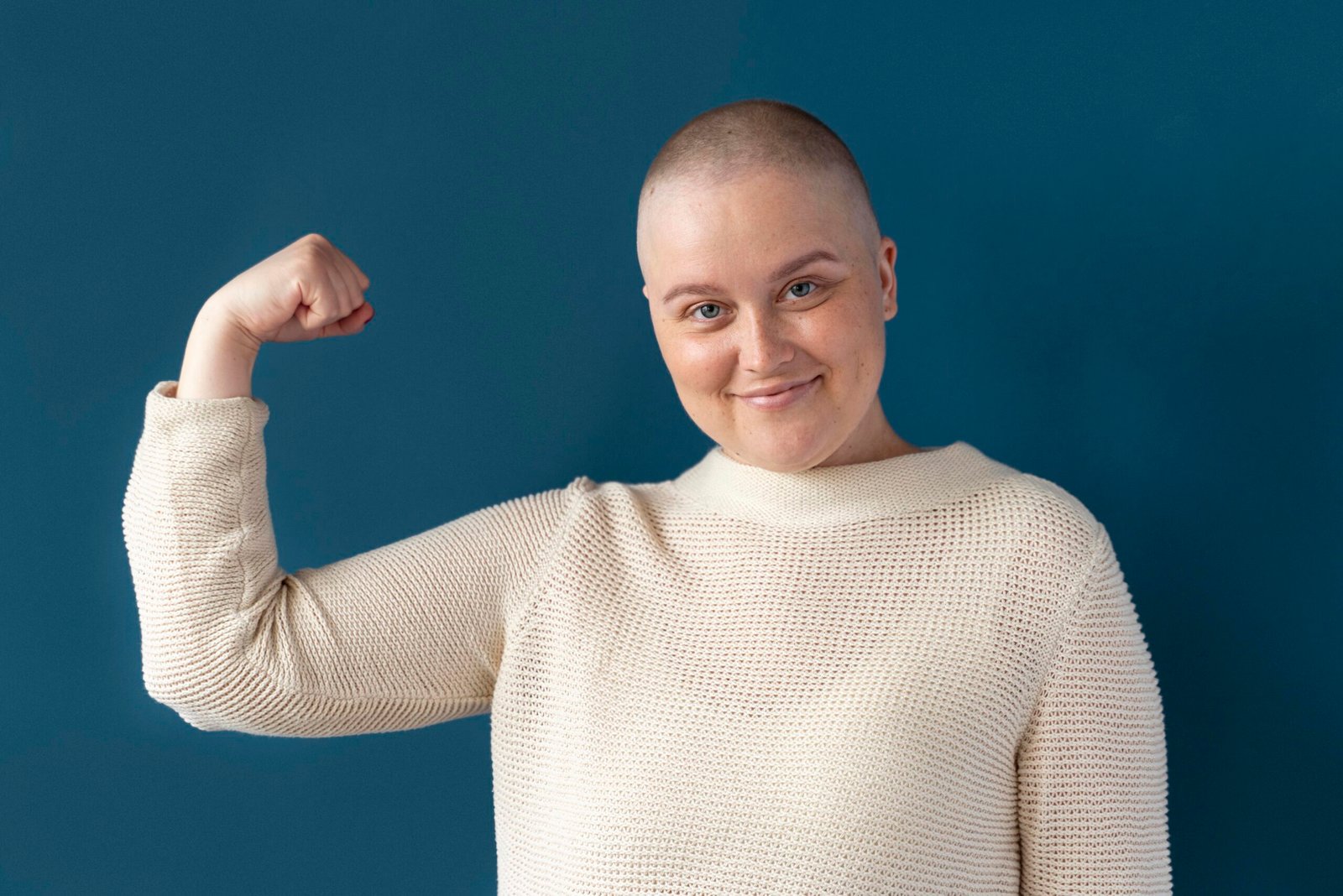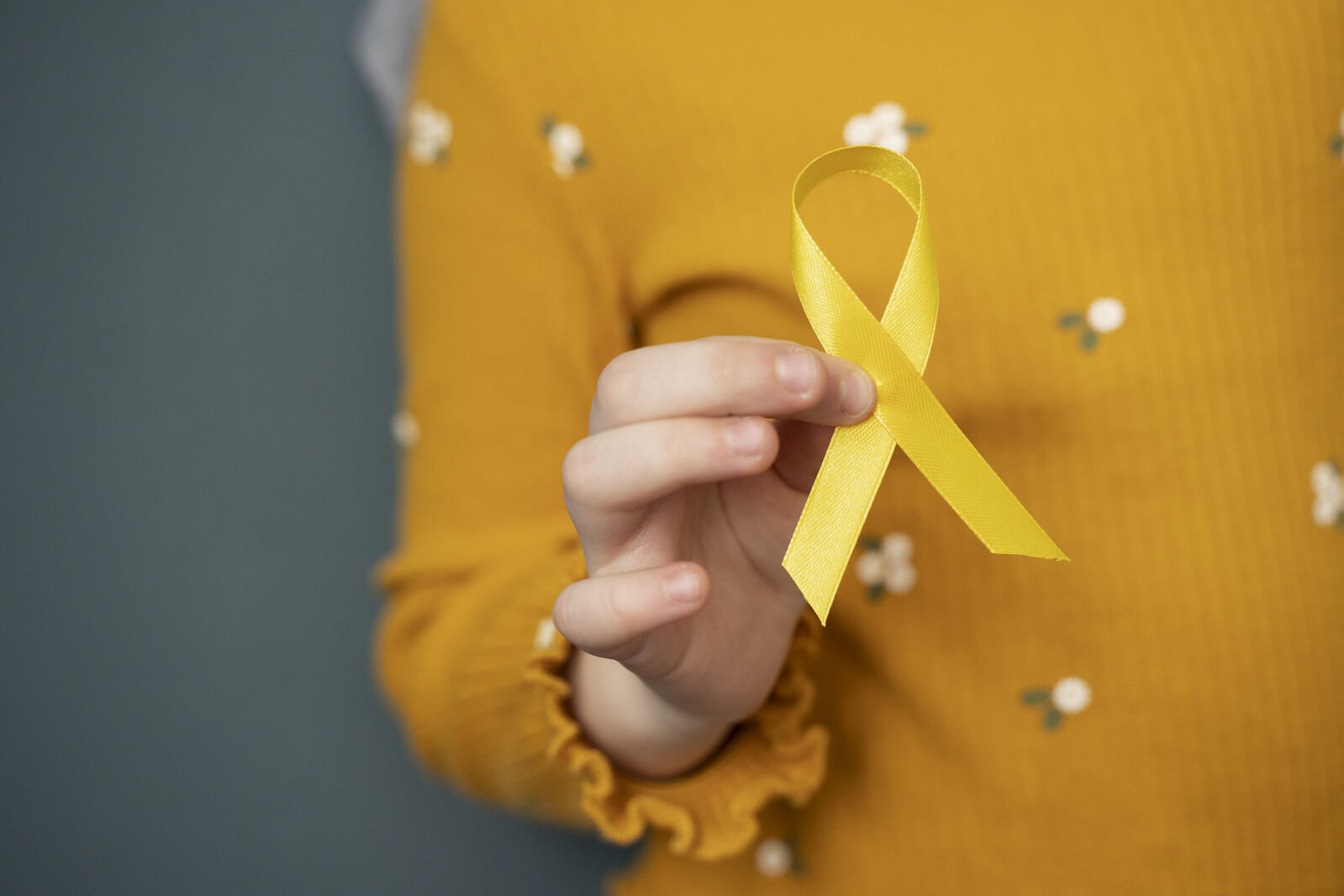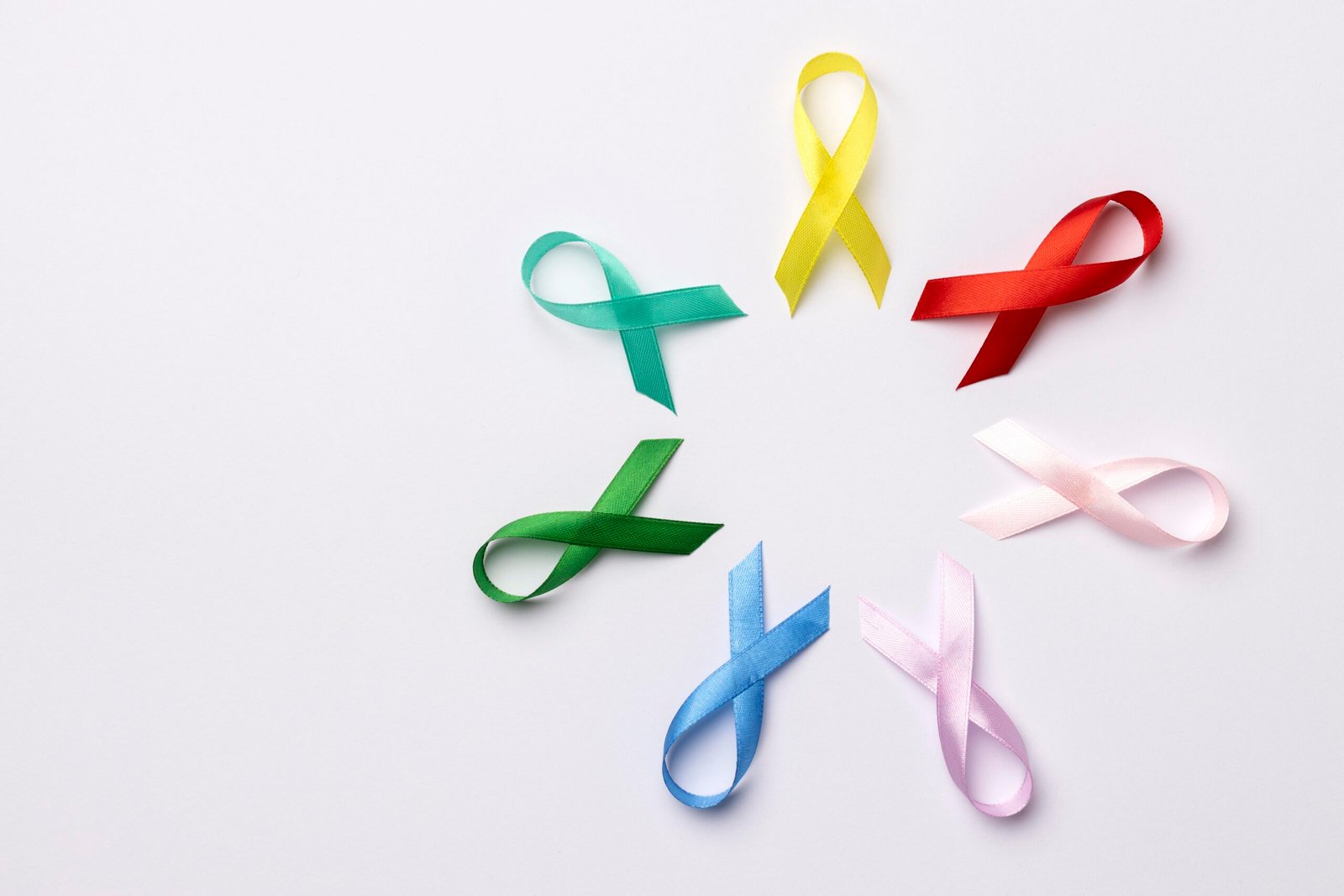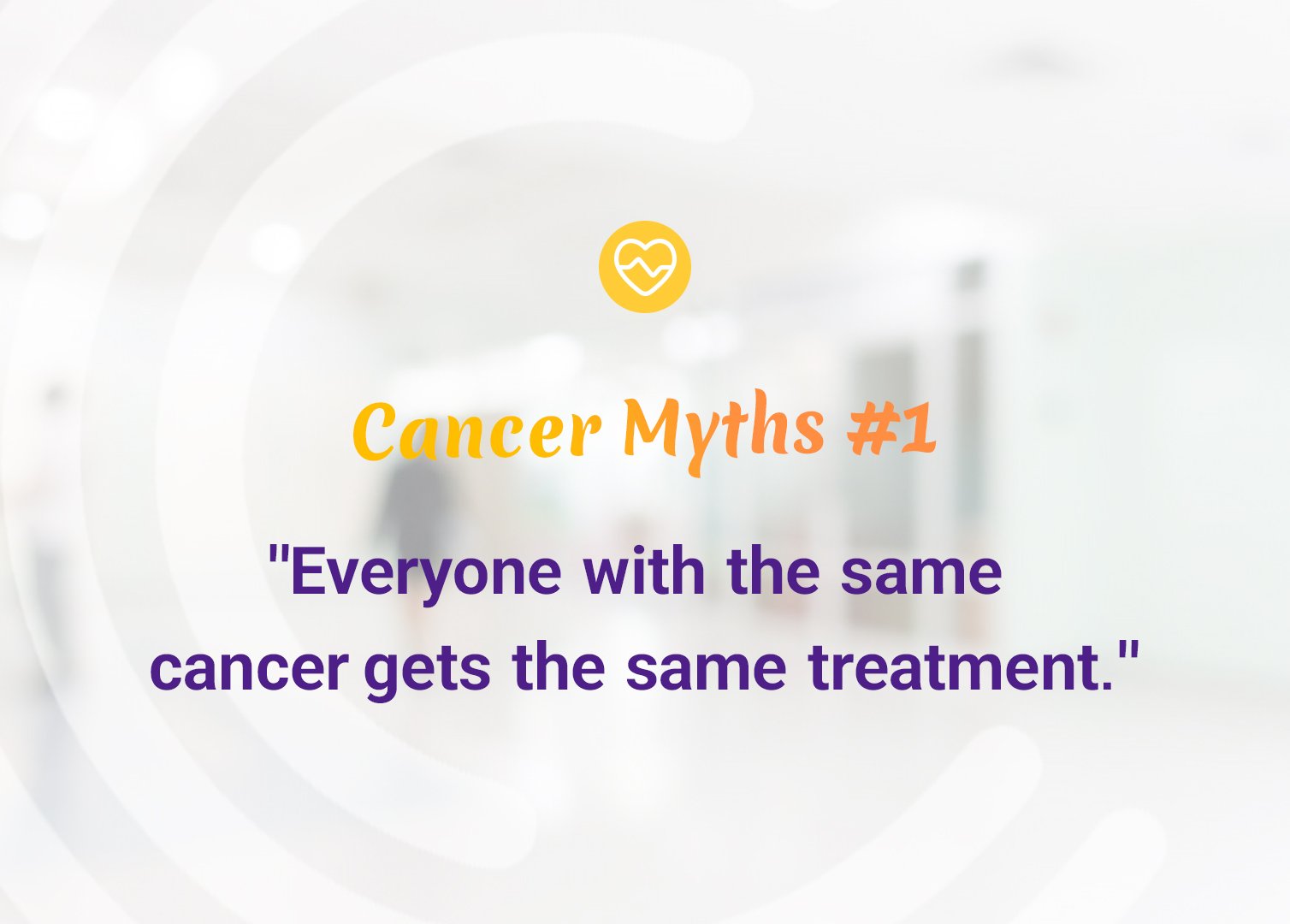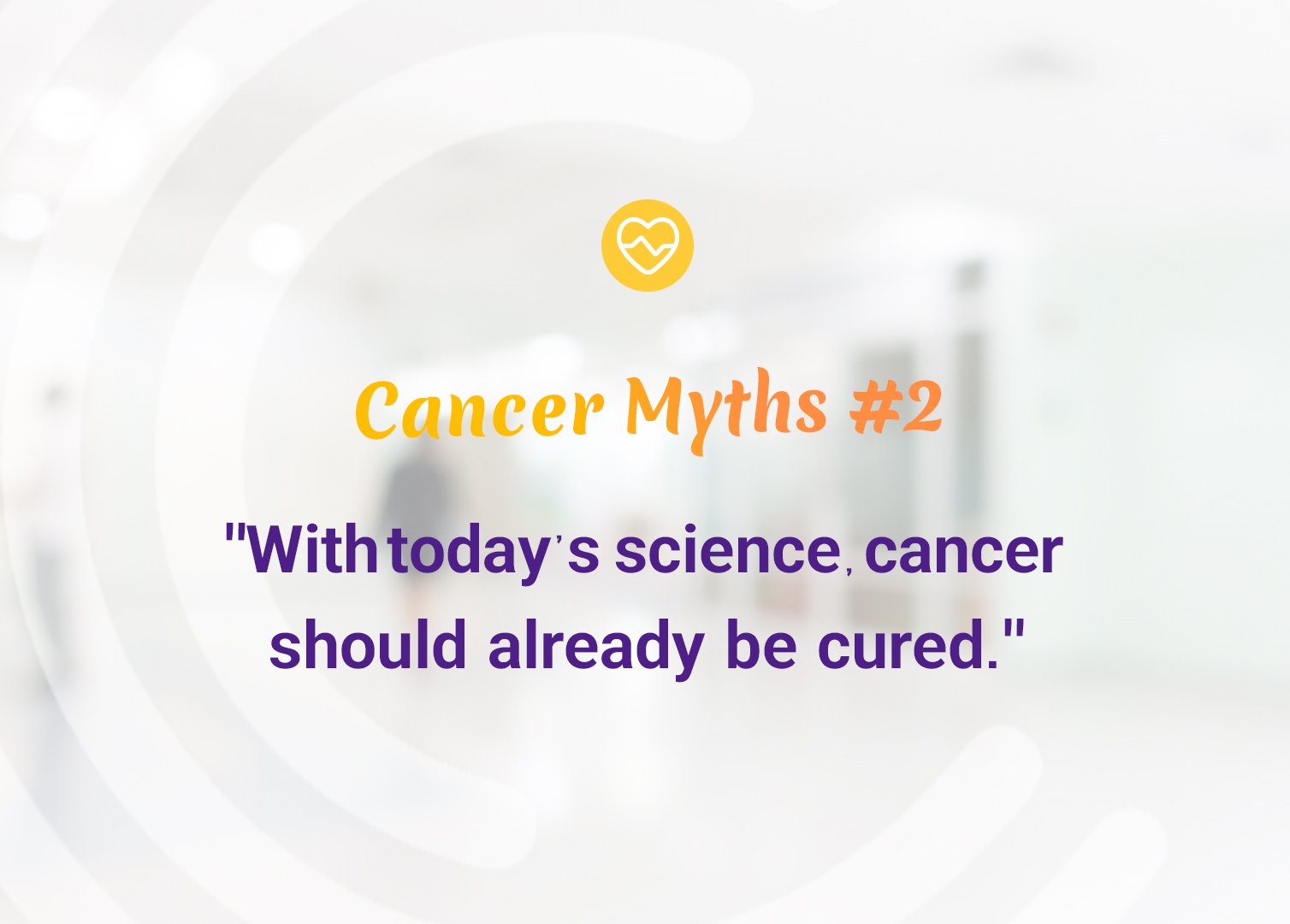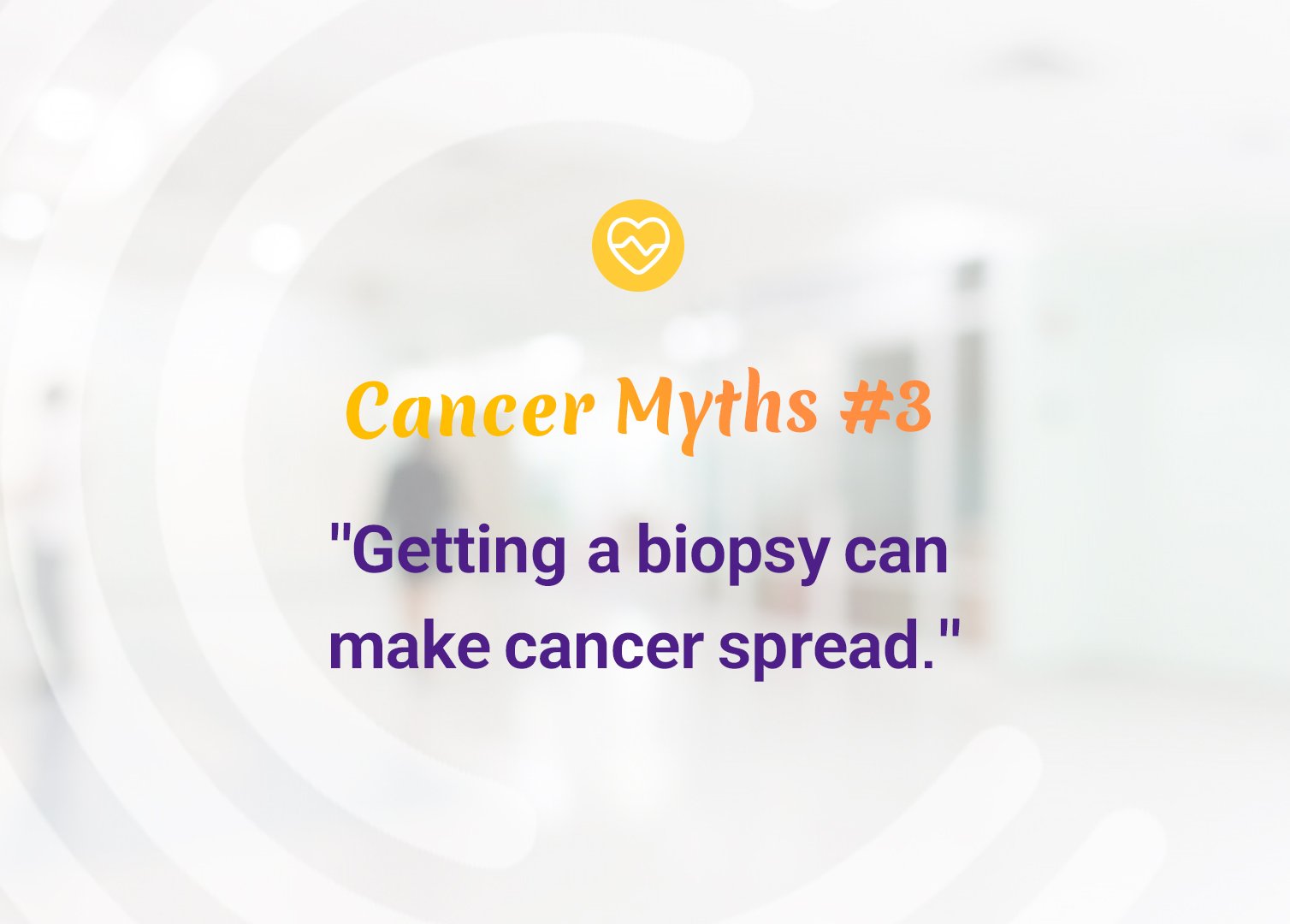What You Might Experience Months or Years Later
Cancer treatment can have effects that appear months or years later. Learn what’s normal, what’s not, and when to speak to your care team.
Introduction
Cancer treatment doesn’t always end when the last dose is given or the last scan is clear.
- Some side effects may last longer than expected
- Others may develop months or even years after treatment
- These are called late effects or long-term effects, and they’re common, but often misunderstood
Understanding what to expect can help you manage your health with more clarity and confidence.
What’s the Difference?
- Long-term effects begin during treatment and continue afterward
- Late effects appear after treatment ends, sometimes after months or years
Both deserve medical attention, especially if they impact your daily life or emotional well-being.
Common Late and Long-Term Effects
Not everyone experiences the same effects. It depends on:
- The type of cancer
- The treatment you received (e.g., chemo, radiation, surgery, immunotherapy)
- Your age, health history, and genetic risk factors
Here are some of the most reported concerns:
Fatigue
- One of the most common and persistent issues
- Can last months or even years after treatment
- Often unrelated to how much you rest or sleep
- May be linked to anemia, hormone changes, or emotional stress
When to talk to your doctor: If fatigue affects your ability to work, socialize, or do daily tasks
Memory and Concentration (“Chemo Brain”)
- Difficulty focusing, multitasking, or recalling names and dates
- Often described as feeling mentally “foggy”
- More common after chemotherapy or hormone therapy, but can also occur with stress or lack of sleep
When to talk to your doctor: If it impacts your job, relationships, or safety
Nerve Pain or Numbness (Peripheral Neuropathy)
- Tingling, burning, or numbness — usually in hands or feet
- May come from certain chemotherapy drugs
- Can interfere with balance, fine motor skills, or walking
When to talk to your doctor: If it worsens, spreads, or affects your mobility
Heart and Lung Changes
- Some treatments can lead to weakened heart function or lung inflammation
- Effects may take years to appear
When to talk to your doctor: If you notice shortness of breath, chest discomfort, or swelling in your legs
Hormonal or Fertility Changes
- Early menopause, thyroid problems, low testosterone, or infertility
- More common after radiation to the pelvic area, stem cell transplant, or certain targeted therapies
When to talk to your doctor: If you experience irregular periods, hot flashes, or mood changes
Emotional Effects
- Anxiety, depression, or PTSD-like symptoms
- Fear of recurrence can return around checkups or scan results
- Long-term survivors may feel “stuck between sick and healthy”
When to talk to your doctor: Always. Emotional well-being is part of cancer recovery.
How Are These Effects Managed?
You’re not expected to “tough it out.” Many late and long-term effects can be managed or improved with the right care plan:
- Physical therapy for neuropathy or fatigue
- Cognitive training or coping strategies for memory issues
- Medications or supplements for hormonal support
- Mental health therapy and peer support
- Regular screenings for heart or bone health, based on your treatment history
Tips for Survivors
- Keep track of any new or lingering symptoms — even if they seem unrelated to cancer
- Bring your treatment summary to all future doctors or specialists
- Ask your care team if there are late-effect screenings you should be doing
- Don’t downplay your symptoms — everything you feel is valid and worth discussing
Final Thoughts
Just because treatment is over doesn’t mean the journey is.
Late and long-term effects are real — but they’re also manageable, especially when addressed early.
By staying informed and proactive, you can protect your quality of life and feel more in control of your health.
